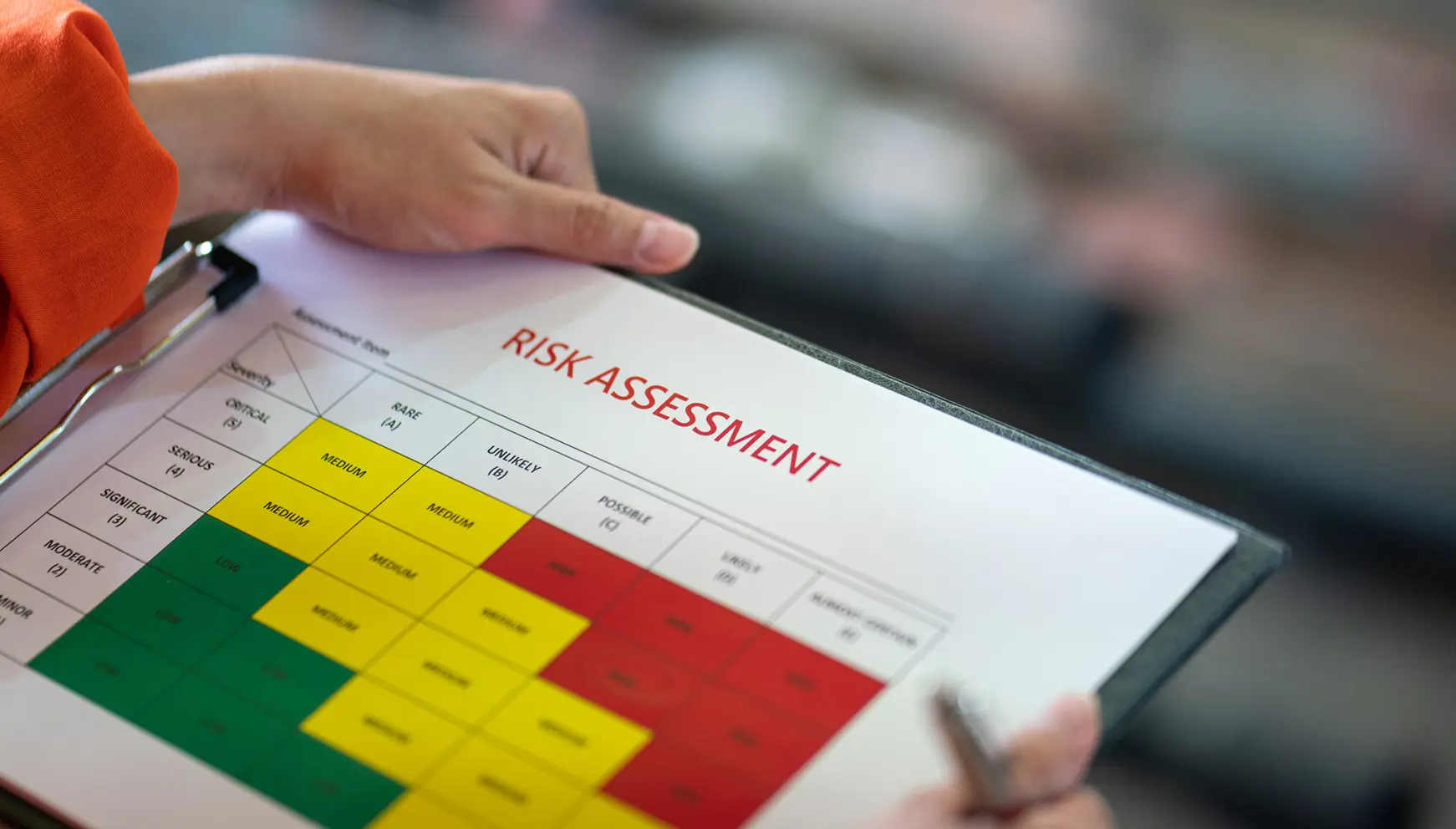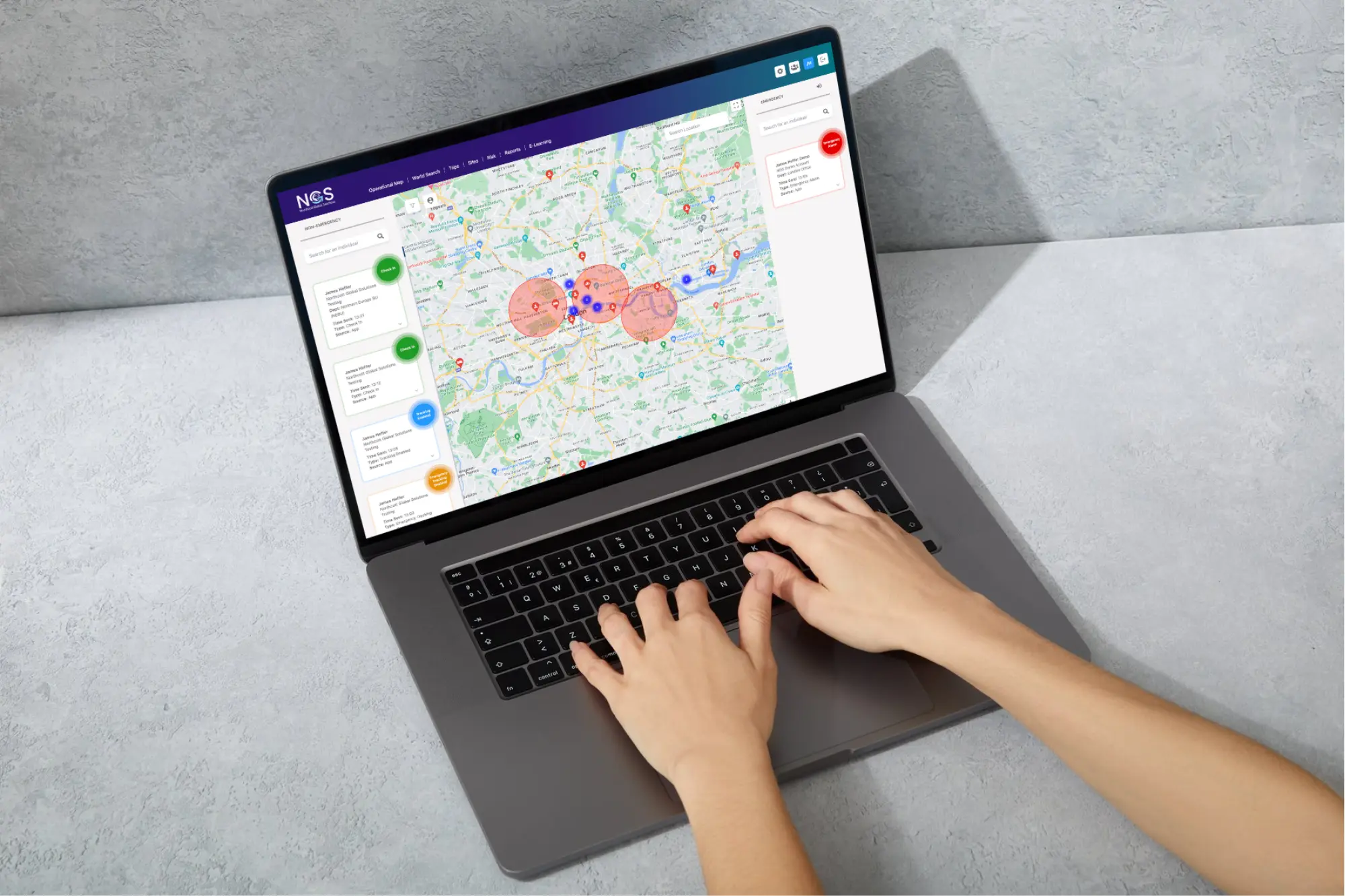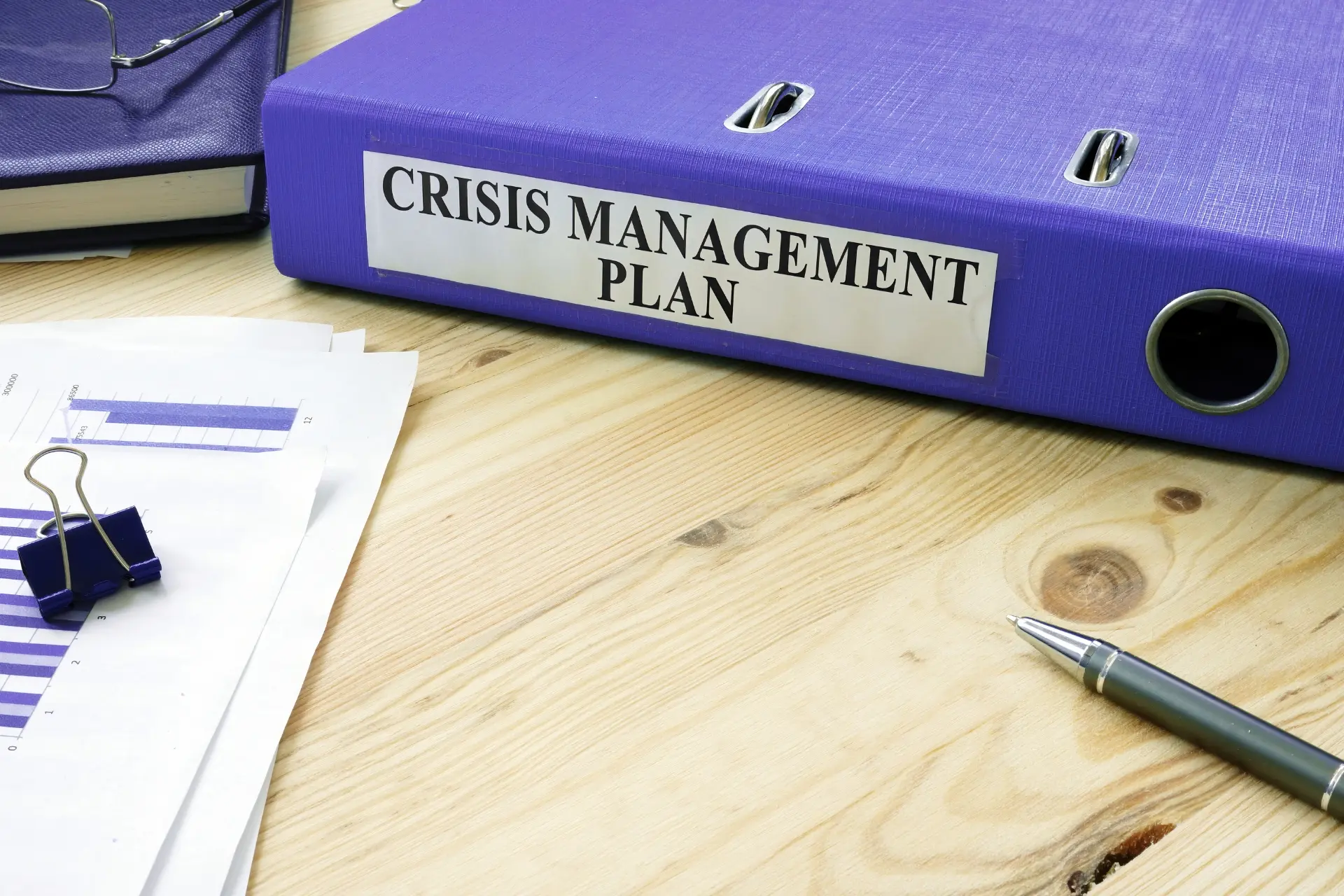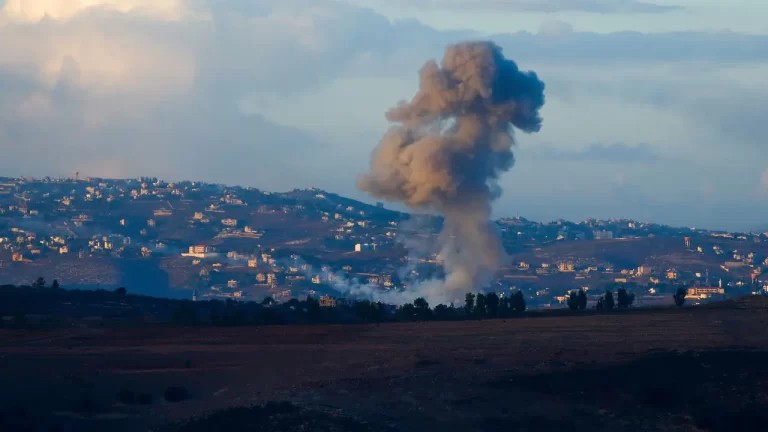Crisis management isn’t just about preparing for the unexpected; it’s about building resilience so your business can continue thriving, no matter the challenge. In this guide, we explore key crisis management strategies, from risk assessment and planning to real-time response. Plus, learn how NGS has supported clients with on-the-ground expertise in high-stakes environments.
Crisis management is vital for protecting business continuity and reputation. A well-crafted crisis management plan prepares a company to navigate disruptions confidently, ensuring a quicker recovery and maintaining stability during challenging times. Proactively addressing crises safeguards immediate operations and positions a business for resilient growth.
Crisis management involves four essential steps that guide organisations through unexpected events:
These components work together to reduce impact and sustain business continuity.
Businesses face various crises that threaten both operations and reputation. Key examples include:
A proactive approach to crisis management strengthens a business’s ability to handle these challenges, ultimately building resilience and securing long-term success.
Effective crisis management begins with understanding potential threats. Conduct a thorough risk assessment to identify vulnerabilities and create a comprehensive risk profile. This approach helps businesses anticipate and prepare for specific crises, from natural disasters to cyber threats.

Assigning clear roles within a crisis team ensures smooth coordination when every second counts. Designate crisis leaders, communicators, and operational leads who can manage each stage of a crisis. This preparation enables a quick and unified response, keeping everyone aligned during critical moments.

During a crisis, clear communication is vital. Develop an internal and external communication plan that addresses employees, clients, and media. Consistent messaging helps reduce confusion, maintain trust, and ensure that everyone is informed with accurate, timely updates.

Technology is a powerful asset in crisis management. Tools like GPS tracking, the NGS Aurora platform, and incident management systems enable real-time monitoring and situational awareness, allowing you to adapt to unfolding events swiftly.

A robust crisis management strategy not only protects operations but strengthens overall resilience, empowering quick adaptation in challenging situations. A structured, proactive plan ensures your team is prepared to handle any crisis confidently.
Minimising the impact of crises begins with strong preventative steps. Implementing secure data management protocols, reliable backup systems, and regular safety drills helps safeguard essential functions against potential disruptions. Proactive strategies like these strengthen continuity and ensure quick recovery in high-stress events.
Data backups are especially crucial, protecting essential information and enabling faster recovery. Regular system testing and clear protocols limit damage when unexpected disruptions occur.
Frequent team training and preparedness drills form the backbone of an effective crisis plan. These exercises build confidence and equip each team member with the skills needed for swift, effective responses. Training ensures everyone understands their responsibilities, while drills foster familiarity with necessary actions under pressure.
Preparedness drills also reinforce team cohesion, ensuring that each member knows their role within the broader response effort. By fostering a culture of readiness, ongoing training ensures your team is prepared for anything.

Continuous monitoring tools, like real-time GPS tracking and situational awareness platforms, elevate crisis detection and response. These technologies provide critical, up-to-date information, enabling quicker, more informed decisions when facing risks.
Tools like NGS Aurora empower businesses to detect threats early, supporting real-time decisions and agile responses. With these insights, your team is ready to adapt to an ever-evolving risk environment.
Effective crisis management hinges on rapid, clear actions as soon as an incident occurs. A real-time response strategy minimises potential damage and helps make critical, informed decisions to protect business continuity and reputation.
The first essential step in a crisis is to activate your response plan immediately, assembling the crisis management team. With clearly defined roles, each team member should be prepared to execute their responsibilities, reducing confusion and allowing focus on mitigating risks, not reacting on the fly.

During a crisis, consistent communication keeps everyone connected—your team, clients, and the public. Ensure regular, transparent updates, focusing only on verified information to avoid misinterpretations. Pre-prepared statements for potential scenarios can streamline this process, helping the team communicate with confidence, building trust, and preventing unnecessary escalation.

Real-time data is invaluable during a crisis. Tools for situational awareness and GPS tracking allow you to monitor developments and adapt accordingly. By relying on live, accurate data, your team can make informed adjustments to address the crisis effectively.
By focusing on immediate action, dependable communication, and data-informed decisions, you maintain resilience and safeguard your business through any crisis.

When crises arise, especially in volatile regions, quick, reliable action is essential. NGS demonstrated its crisis management expertise by supporting a media client during escalating tensions between Israel and Lebanon, ensuring their journalists’ safety amid the conflict.

With escalating tensions between Israel and Lebanon, our media client faced increased safety risks for their team on the ground. NGS responded swiftly, deploying consultants skilled in risk assessment and crisis management to conduct on-site evaluations. These assessments allowed us to detect any changes in the security environment in real-time and adjust safety protocols as needed.

Our consultants worked with the journalists to reinforce pre-existing evacuation plans, ensuring each team member was well-prepared and confident in the event of a necessary exit. This hands-on approach included familiarising journalists with protocols and providing live updates to adjust evacuation strategies if the situation worsened.

Throughout the crisis, our team remained on the ground to provide ongoing support, serving as a reassuring presence. This personal, direct interaction gave our client peace of mind, showing that NGS was fully committed to their safety. The NGS team’s engagement and support underscored our dedication to safeguarding people, even in the most challenging situations.
The real strength of a crisis management plan lies in continuous improvement. Evaluating responses and adjusting strategies after an incident ensures that a business becomes more resilient and prepared for future challenges.
After a crisis, assessing its effects—both operationally and reputationally—gives a clear understanding of its impact. This analysis allows organisations to refine their crisis management plans, enhancing protocols and addressing any gaps identified. By updating these strategies, a business can better prepare itself to protect operations and reputation in the future.

A comprehensive post-crisis review captures valuable lessons from the event, informing any required updates to response protocols. Identifying areas for improvement and applying these insights builds a more resilient crisis management approach, enhancing the ability to respond effectively to unexpected situations.

Supporting employees after a crisis is essential, as they are often directly impacted by the incident. Demonstrating concern for their wellbeing not only fosters trust but also strengthens organisational unity. Building trust with stakeholders, including clients and partners, further reinforces a company’s reliability and resilience, ensuring that relationships remain strong and supportive through challenging times.

In today’s rapidly shifting risk landscape, businesses need robust crisis management strategies to safeguard their operations, teams, and reputation. NGS provides tailored, end-to-end support, empowering companies to manage the unexpected with confidence.
NGS stands with businesses at every step, from identifying potential risks to deploying immediate responses during a crisis. Our services include:
Effective crisis management doesn’t end when the immediate threat passes. NGS provides strategic recovery and resilience planning that includes:
Robust crisis management is essential to business resilience. With NGS’ expert guidance, proactive planning, and continuous support, businesses can face unexpected events with confidence, protecting both their people and operations.